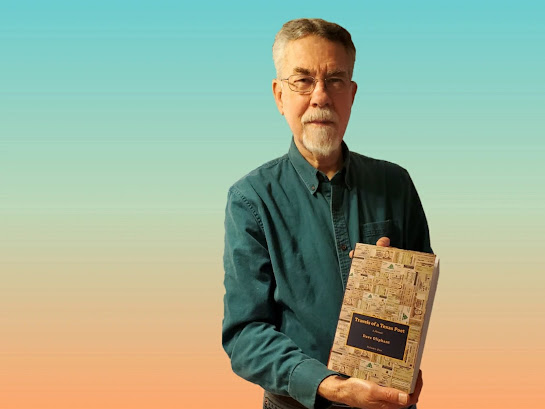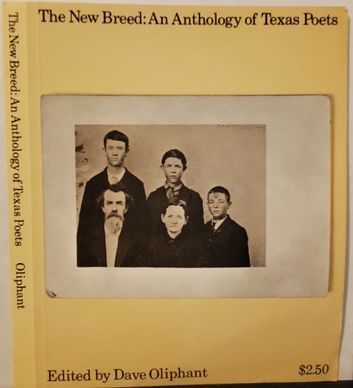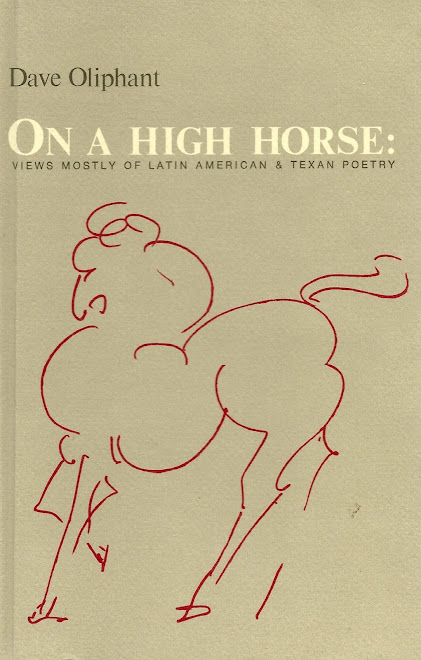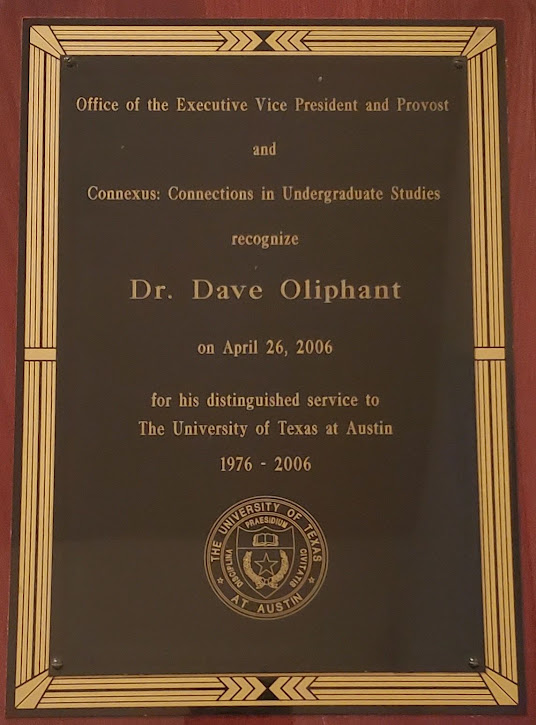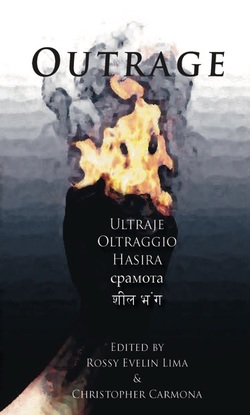Dave Oliphant was born in Fort Worth, Texas. He earned his BA from Lamar University, his MA from the University of Texas at Austin, and his PhD from Northern Illinois University. He is the author of numerous collections of poetry including Maria’s Poems (1987), which won an Austin Book Award; Memories of Texas Towns & Cities (2000); Backtracking (2004); KD a Jazz Biography (2012), a book entirely in rhyming quatrains; The Pilgrimage: Selected Poems, 1962-2012 (2013); The Cowtown Circle (2014); and Maria's Book (2016).
Oliphant has translated Chilean poets such as Enrique Lihn, Oliver Welden, and Nicanor Parra. His work as a translator includes Lihn’s Figures of Speech (1999; revised and expanded 2016); Love Hound (2006), his version of Welden's Perro de amor, which won the 2007 New York Book Festival poetry award; and Parra's Discursos de sobremesa, as After-Dinner Declarations (2011), which won the Texas Institute of Letters' Soeurette Diehl Fraser Translation Book Award.
He has edited three anthologies of Texas poets, including a bilingual English-Spanish anthology, Washing the Cow's Skull / Lavando la calavera de vaca(1981). His critical writings have been collected in two volumes: On a High Horse (1983) and Generations of Texas Poets (2015). Oliphant is also author of three studies of jazz: Texan Jazz (1996); The Early Swing Era, 1930 to 1941(2002); and Jazz Mavericks of the Lone Star State (2007).
Oliphant worked at the University of Texas at Austin in various roles for 30 years until his retirement in 2006.
Be: Did your press/authors win any awards for the books you published?
DO: My own book, Maria's Poems, won the Austin Book Award in 1987. Washing the Cow's Skull anthology won a Border Regional Library Association award in 1981. Charles Behlen won a Dobie Paisano award but that was not for a specific book. William Barney had won two Texas Institute of Letters awards for poetry in the 1950s, before Prickly Pear published his Selected Poems, The Killdeer Crying. That book did win a book design award from Texas Books in Review in 1977. I got grants from the Texas Commission for the Arts for quite a few of the books, as well as for the tape recordings. The last book was Roundup: An Anthology of Texas Poets From 1973 to 1998 (1999).
Be: Any interesting stories about the press?
DO: In 1973 when I published The New Breed, I collated the pages of the 200-page anthology in the basement of our rented duplex in Malta, Illinois, and I finished the collation and moved the 200 copies of the unbound book to the ground floor. The next night a tornado hit the town and knocked out the power. In the morning we discovered that the basement was flooded because the sump pump could not come on and keep out the ground water. Had I not finished the collation and moved the books to the ground floor, the anthology would not have survived and I was too poor as a grad student to have started over. The anthology represented a new generation of Texas poets and had the effect of introducing the poets to one another and to a beginning readership for native and longtime resident Texas poets.
Be: How did you choose your authors?
DO: My aim all along was to support the state's new poets, but in the two subsequent anthologies I included the older generation of Barney, Vassar Miller, William Burford, et al. I was interested also in finding the new ethnic voices, like Ray Gonzalez of El Paso, Rebecca Gonzales, Harriette Mullen, and Naomi Shihab Nye. I tended to publish poets' first books, but also did a second book of Joseph Colin Murphey and a mini-anthology of three poets whose work I had already published in book form: Behlen, Murphey, and Sandra Lynn. I was particularly proud of the bilingual anthology, which was purchased by the U.S. State Department and distributed in the libraries in Latin America. Recently I heard from two poets in Chile who at the time had obtained copies of the book through the U.S. Embassy.
Be: How do you feel about the state of publishing today?
DO: I read stuff online that has cost the writers no real effort whatsoever. They have not paid their dues by reading widely and deeply in works that challenge their minds and hearts. Their writing is totally egocentric. I am proud of the poets published by Prickly Pear because their work had first appeared in reputable magazines and had impressed and moved me over time. For me and others it continues to please and reward with each rereading.
